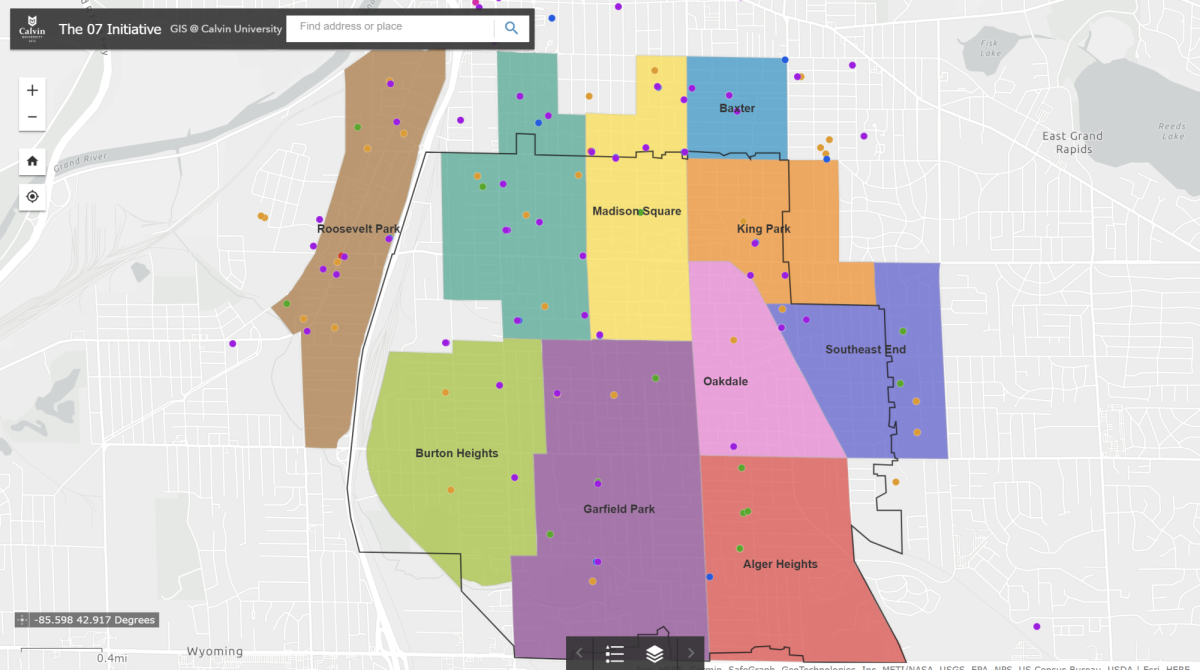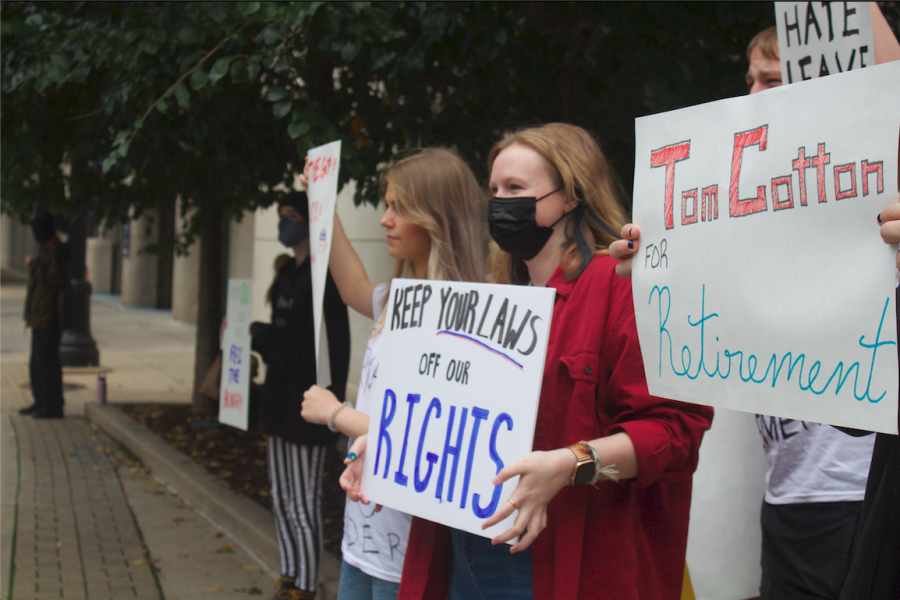The looming government spending cuts known as the sequester could have serious impacts on the Michigan government and economy. The $1.2 trillion federal cuts could result in millions or billions of cuts to Michigan education, public safety and job assistance programs among many others.
The sequester was created by the Budget Control Act of 2011 to find $1.2 trillion in cuts and to be enacted if Congress could not pass a comprehensive deficit reduction plan. The deadline has already come up, but Congress was not able to pass a deficit reduction plan, so they pushed the deadline back to March 1. Obama’s current deficit reduction plan has faced opposition from Congressional Republicans, who believe that a deficit reduction plan should involve almost exclusively spending cuts.
It’s unclear how soon and to what degree the sequester would affect Michigan specifically. The federal government is funded through March 27, so any cuts would not affect Michigan’s budget for at least a month, but since more than half of the $48 billion Michigan state budget comes from federal money, there could be a very serious impact. John Nixon, Gov. Snyder’s budget chief, has said that the largest portion of those federal dollars — the ones which go to Medicaid, food stamps and welfare — would be exempt from cuts.
The White House issued a report detailing the potential impact of sequestration cuts on a state-by-state basis, and its report for Michigan includes the loss of $22 million to primary and secondary education, which it estimates will result in the loss of about 300 teacher or aide positions as well as leading to around 2,500 fewer lower-income students receiving financial aid for college and 1,300 fewer receiving work-study jobs to help them through college.
Nixon said it was not clear how exactly spending cuts would affect Michigan education; while he admitted that it would likely lead to fewer teachers long-term, he also was clear that “at the end of the day, every kid is still going to be educated.”
The White House also estimates that Michigan would lose $482,000 in grants to support law enforcement, prosecution and other public safety programs, as well as losing $1.7 million in funds to job search assistance programs, which they estimate could impact about 54,000 people.
“When you use a meat cleaver approach like they’ve done, you have unintended consequences — hitting programs with real people,” Nixon said in an AP interview. “Probably some of the programs shouldn’t be cut. The bottom line is sequestration was not supposed to happen.”
Nixon is especially worried about cuts to programs providing heating or food to lower-income families and pregnant women. The White House estimate sequestration would cost Michigan $1.8 million for providing meals to senior citizens, $315,000 for HIV testing and $2.9 million for programs to fight substance abuse.
Obama has criticized the inability of Congress to pass a deficit plan, arguing that the uncertainty over the sequestration cuts is hurting the American economy.
“These impacts will not all be felt on day one, but rest assured the uncertainty is already having an effect,” he said. “Companies are preparing layoff notices, families are preparing to cut back expenses and the longer these cuts are in place, the bigger impact these cuts will have.”
Snyder agreed with President Obama in a C-SPAN interview.
“The biggest challenge, when we look at [Michigan’s] economic situation, is the mess here in Washington. I think that’s holding back a lot of investment. A lot of business people are saying that if they don’t know what the situation is going to be, they’re staying on the sideline.”
Kathleen Sebelius, secretary of health and human services, also blasted sequestration.
“This really takes a two-by-four and really hits every agency, every department. It really hurts Americans.”
Nixon noted that the impact of the cuts was still not entirely clear, noting that some federal agencies were considering absorbing the cuts internally rather than forcing states to deal with the cuts.
“The question is exactly when the cuts will happen and how they will happen.”








